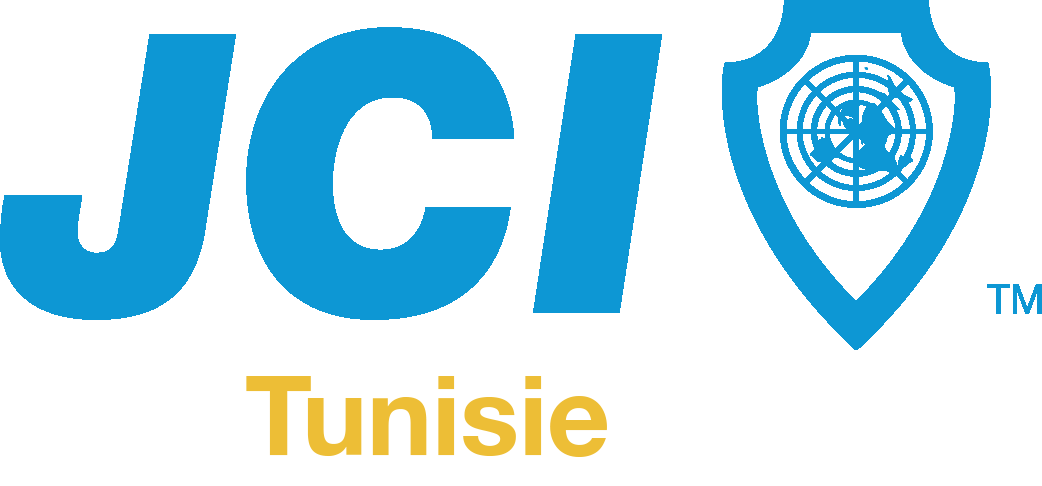Are You Responsible For The Buy German A1 Certificate Budget? 12 Best Ways To Spend Your Money

Understanding the German A1 Certificate: A Comprehensive Guide to Purchase and Preparation
In a period of globalization and intercultural exchange, the German language has actually emerged as one of the most desired languages on the planet, particularly in Europe. For people aiming to enhance their expert credentials, study in Germany, or just take part in meaningful travel experiences, acquiring a German A1 Certificate has become an important venture. This short article clarifies what the A1 certificate entails, its benefits, the purchasing procedure, and essential preparation pointers.
What is the German A1 Certificate?
The German A1 Certificate is a main evaluation that suggests a learner’s fundamental understanding of the German language. It is the first level of the Common European Framework of Reference for Languages (CEFR), which classifies language efficiency throughout 6 levels: A1, a2 zertifikat kaufen, B1, B2 Zertifikat Kaufen, Goethe Zertifikat C1 kaufen, and C2.

Accomplishing an A1 Certification shows that the person can:
- Understand and use easy everyday expressions and phrases.
- Introduce themselves and others.
- Ask and respond to questions about personal information like where they live, people they understand, and things they have.
- Interact in a simple method, offered the other individual talks slowly and plainly.
Benefits of Acquiring a German A1 Certificate
An A1 certificate can be advantageous for several reasons:
-
Entry Requirement for Further Learning: Obtaining the A1 certificate is often the first step towards pursuing greater levels of German proficiency (A2, B1, etc).
-
Work Opportunities: Many business in German-speaking nations look for candidates with a standard understanding of the language, making the A1 certificate a strong property.
-
Cultural Integration: Learning the basics of the language helps with smoother interaction with native speakers, which can improve cultural understanding and social combination.
-
Traveling: For tourists, knowing basic German can considerably enhance the experience, making interaction much easier and more pleasurable.
How to Buy a German A1 Certificate
Purchasing a German A1 certificate does not suggest buying a main document without taking an exam. Authentic certificates need to be made through approved testing centers. Here are the actions one normally follows to acquire a German A1 certificate lawfully:
-
Research Authorized Testing Centers: Look for organizations licensed by the goethe zertifikat kaufen-Institut, telc zertifikat überprüfen (The European Language Certificates), or other recognized language companies.
-
Register for the Exam: Once a suitable testing center is determined, prospects can register for the exam. Registration usually involves submitting an application and paying an assessment fee.
-
Prepare for the Exam: Candidates need to assign ample time for preparation. There are different resources– online classes, textbooks, and language apps– that can assist in studying.
-
Take the Full Exam: A1 assessments typically include 4 parts: listening understanding, checking out comprehension, written expression, and oral expression. Candidates need to show proficiency in all these areas.
-
Get Your Results: After taking the exam, prospects will get their results and, upon passing, will be released the A1 certificate.
Preparation Tips for the German A1 Exam
Preparing for the German A1 exam can be both fun and effective with the right technique. Here are some suggestions to assist candidates get prepared:
-
Enroll in a German Language Course: Whether online or in-person, official courses supply structured learning and specialist guidance.
-
Make Use Of Language Apps: Applications like Duolingo, Babbel, and Rosetta Stone are popular tools for interactive, on-the-go language practice.
-
Practice Speaking: Engage with native speakers or sign up with language exchange groups. Speaking practice is crucial for establishing fluency.
-
Study Vocabulary and Grammar: Focus on standard vocabulary covering greetings, numbers, directions, and daily items, along with vital grammatical rules.
-
Listen and Watch German Media: Consuming German content such as music, podcasts, and films can improve listening abilities and familiarize learners with the language’s rhythm and pronunciation.
Frequently asked questions about the German A1 Certificate
Q1: How long does it take to prepare for the A1 exam?A1 preparation time can vary based upon private learning speeds, but normally, 80 to 100 hours of research study can be adequate for standard proficiency.
Q2: What is the expense of the A1 exam?The cost varies based upon the testing organization and location but normally varies from EUR100 to EUR200. Q3: How long is the A1 certificate valid?The A1 certificate does not expire, as it reflects your language proficiency at a specific time. Nevertheless, additional learning and accreditation are encouraged for profession developments. Q4: Can I take the A1 exam online?Some screening centers use online evaluations for A1 certification, while others require in-person attendance. Contact the specific institution for details. Q5: What occurs if I fail the A1 exam?If a prospect does not pass the exam, they can generally retake it after a waiting period. It’s suggested to examine
the areas that need improvement before reattempting. Obtaining a German A1 certificate can open numerous doors, whether for travel, work, or further education. While the choice to « buy »a certificate without evaluation may appear appealing, genuine acquisition through research study and testing ensures the individual has the needed language abilities. With commitment, support, and preparation, prospects can successfully navigate the path to attaining their German A1 certification, paving the way for sophisticated language learning and improving experiences in German-speaking environments.
